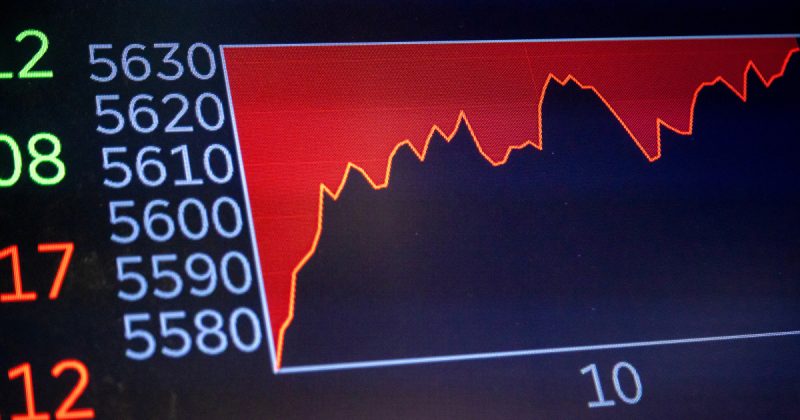
The recent market turmoil sparked by President Trump’s escalating tariffs has sent shockwaves through the retirement plans of many Americans. Pre-retirees and those already enjoying their golden years are facing a harsh reality: their carefully saved 401(k)s are shrinking, leaving them anxious and uncertain about the future.
For some, the impact is immediate and deeply concerning. Paula, a 68-year-old retiree from New Jersey, expressed her shock at the significant losses in her retirement account, voicing concerns about whether she and her husband will have enough to live on. She’s not alone; Victor Fettes, 54, who recently retired from Verizon, saw a staggering $58,000 wiped off his 401(k) in just two days, raising serious doubts about his ability to maintain his retirement lifestyle. These stories highlight the very real financial anxieties facing many nearing or already in retirement.
The anxieties aren’t just about immediate losses. Many are altering their spending habits, delaying major purchases like home renovations and vacations, and living with a constant sense of uncertainty about their financial security. This cautious approach, driven by fear and uncertainty, could further dampen consumer confidence, creating a potentially vicious cycle.
The situation is particularly alarming considering that a significant portion of older Americans already lack sufficient retirement savings. A recent AARP survey revealed that one in five Americans aged 50 and over have no retirement savings at all, and a majority are worried about having enough money to support themselves in retirement. The current economic climate only exacerbates these pre-existing concerns.
While President Trump maintains that his tariff policies are necessary to bring back jobs and revitalize American manufacturing, critics argue that they are likely to lead to higher prices for consumers. The president’s unwavering stance, despite the demonstrable financial hardship caused to many Americans, has fueled further frustration and anxiety among those affected.
In response, some retirees are actively engaging in political action, contacting their representatives to express their concerns and urge for greater oversight and accountability. They are fighting for their financial security and the stability of their retirement years, hoping for a course correction before their savings are irrevocably depleted. Ultimately, the anxieties extend beyond immediate financial losses; they represent a deep-seated fear of a diminished quality of life and the dwindling prospect of a comfortable retirement.










